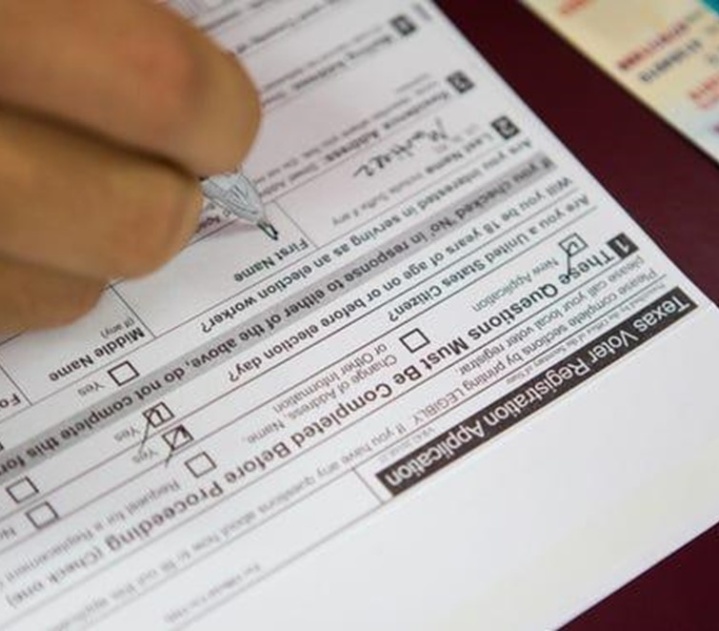Practice-Oriented Research to Improve Voter Registration and List Maintenance

Maintaining secure, accurate, and accessible voter registration rolls is an ongoing challenge that has come under increased political scrutiny in recent years.
The challenges in maintaining voter rolls are rooted in a variety of factors that, to a large extent, distinguish the United States from peer democracies. Among these are high degrees of population mobility, decentralization of election administration, and deeply held attitudes about privacy. Within this larger context, Americans hold divergent opinions and values on many issues that inform voter registration policy, and these divergent opinions often map onto partisan and ideological commitments. These divergent opinions interact with the broader context to create a policy landscape that varies across states and an administrative environment that can also vary within states. Policies and practices also vary across time.
This program aims to inform practitioners and policymakers about current issues and close practice gaps. It is also aimed at achieving immediate impact, meaning examining practices that could be easily anticipated to be implemented widely in a short period of time, or elucidating issues that are currently before policymakers and/or the public.
Request for Proposals
The MIT Election Data and Science Lab (MEDSL) seeks to award $500,000 in grants to support research projects that aim to improve the security, accuracy, and accessibility of voter registration systems and list maintenance practices. The aim of this project is to improve policymaking and practice in the area. Therefore, all projects chosen will have a strong partnership component that aligns the research goals with the needs of election practitioners, policymakers, and/or legislators.
This grant program is supported by the Election Trust Initiative.
Letters of Intent
While not required, consideration of grants will be facilitated by submitting a brief letter of intent to medsl-grants@mit.edu by December 15, 2025. The letter of intent should contain the following information:
- Principal investigator and affiliated institution
- Anticipated other partners
- Proposed research topic
- Anticipated funding request
Submitting a Full Proposal
Full proposals must be submitted by January 16, 2026.
Proposals must adhere to the parameters outlined in the Request for Proposals, linked above. To submit your proposal, please use the form here:
Questions
If you have questions about the grants or the program overall, please email us at: